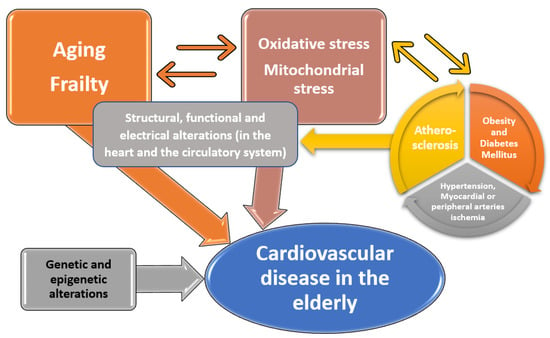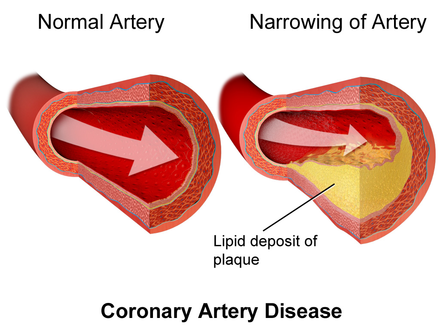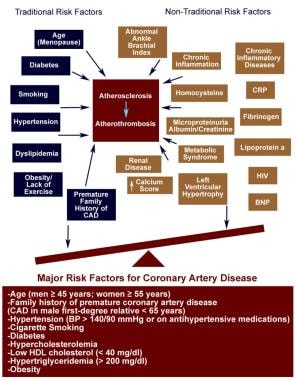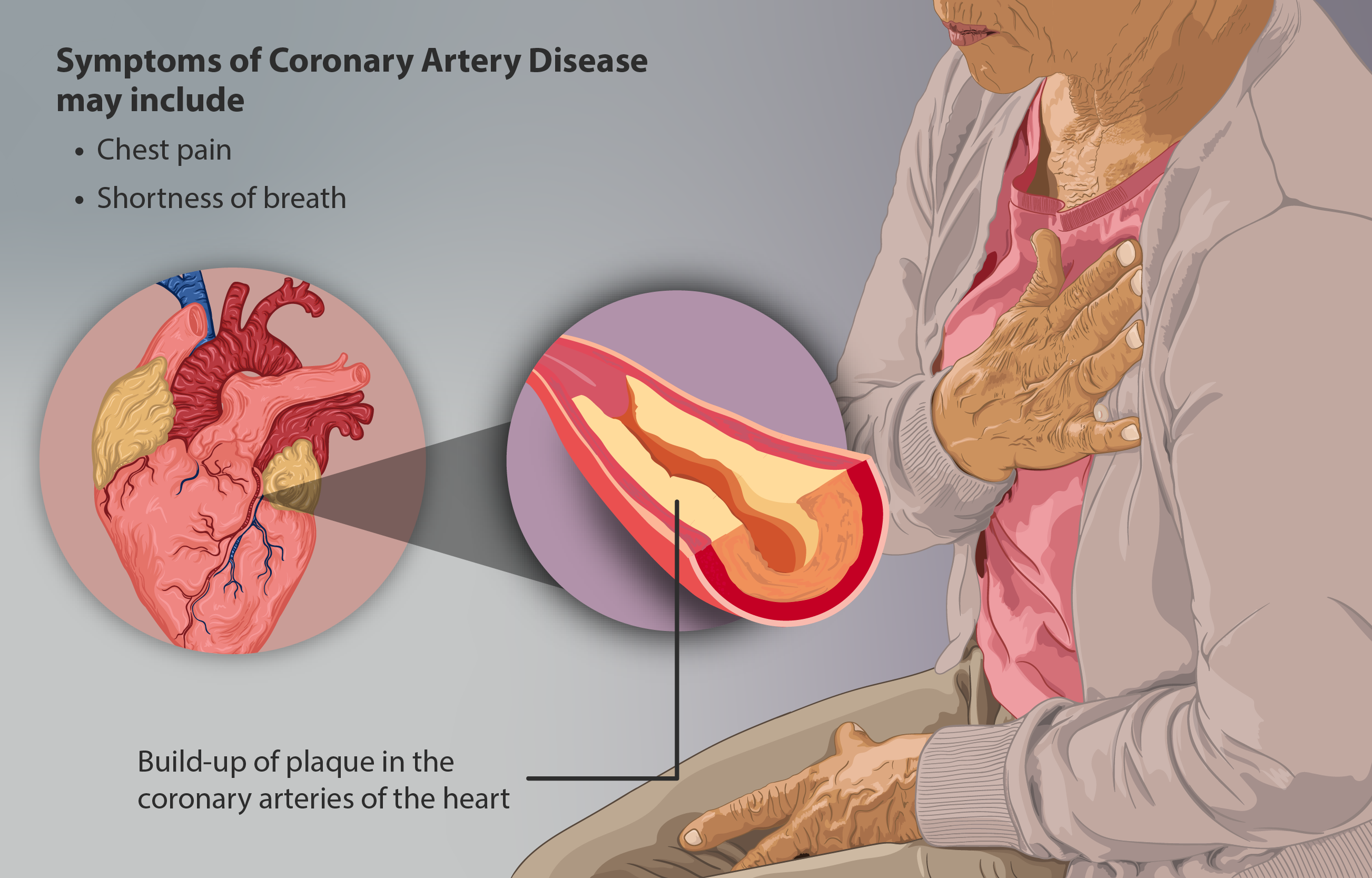Describe Two Personality Patterns Associated With Coronary Heart Disease
Friedman M and R. This theory was supported by positive findings from the Western Collaborative Group Study and the Framingham Study.

Ijerph Free Full Text Cardiovascular Risk Factors And Physical Activity For The Prevention Of Cardiovascular Diseases In The Elderly Html
Heres what you need to know.

. Type A personality tīp bē-hāvyŏr pĕrsŏn-ali-tē Behavior pattern characterized by aggressiveness ambitiousness restlessness and a strong sense of time urgency. A few studies that followed shortly after had similar results. Constant fear unpredictability many uncontrollable circumstances the necessity of killing and prolonged harsh conditions.
1983 a Stress and Cardiovascular Disease Comprehensive Therapy 96-13. And that heart. And ii there is no strong or consistent evidence for a causal association between chronic life events work-related stressors job control.
It may be chronic narrowing of the coronary artery over time and limiting of the blood supply to part of the muscle. In this hypothesis personalities that are more competitive highly organized ambitious impatient highly aware of time management or aggressive are labeled Type A while more relaxed less neurotic frantic explainable personalities are labeled Type B. AB - Purpose of the review.
If those studies are correct type As may have greater heart risks in part because they are under more stress than other people. As our understanding of this complex subject expands it is possible that certain components of Type A behavior such as time urgency latent hostility aggressiveness or authoritarianism may be found to have a greater predictive significance for coronary heart disease or correlation with certain hormonal secretion patterns vascular hyperreactivity and other phenomena that also. The initial research conducted more than 40 years ago suggested that Type A personalities were at a 7-fold increased risk of developing coronary artery disease.
The expert group concluded that i there is strong and consistent evidence of an independent causal association between depression social isolation and lack of quality social support and the causes and prognosis of CHD. Review Panel on Coronary-Prone Behavior and Coronary Heart Disease. This review article synthesizes recent research findings on the psychological context of Type D personality and the mechanisms through which Type D affects disease progression and prognosis among patients with coronary heart disease CHDRecent findings.
Distressed type D personality TDP characterized by. A review of the research identifying hostility and anger-in as the most influential subcomponents of TABP on coronary disease. Regarding anxiety depression and stress there were significant differences between patients and the normal group.
However recent analysis has failed to confirm this. But more recent studies suggest that the real culprit behind the increased risk of heart disease is likely related to anger and hostility. Heart Attacks Happen When Theres No Outlet For Stress.
Describe two personality patterns associated with coronary heart disease. The type A behavior pattern TABP was described in the 1950s by cardiologists Meyer Friedman and Ray Rosenman who argued that TABP was an important risk factor for coronary heart disease. 3 When type A behaviour was studied in different countries and social groups it was found not to be a robust predictor.
Someone who is impatient aggressive and very competitive often called a Type A personality has a higher risk of heart disease says Ronesh Sinha MD a Palo Alto Medical Foundation internal medicine doctor. Five prospective cohort studies were compared in order to evaluate the relationship between type A personality aggressive behavior and coronary heart disease CHD. The coronary arteries surround the outside of the heart and supply blood nutrients and oxygen to the heart muscle.
Coronary artery disease CAD is the most common type of heart disease in the United States. Patients with coronary heart disease had higher score on type A behavior. The role of personality in coronary heart disease CHD first came to prominence nearly 50 years ago with the concept of type A behaviour a compound of hostility impatience competitiveness and dominance.
New research suggests that it is hostile behavior and associated. You and your health care team may be able to help reduce your risk for CAD. Choose four from these options.
One in four patients with CHD has a Distressed Type D personality which is. Patients with coronary heart disease experienced more stress anxiety and depression than the normal group but the normal groups were emotionally strong and there. With coronary artery disease plaque first grows within the walls of the coronary arteries until the blood flow to the hearts muscle is limited.
Frequent bouts of depression anxiety hostility and anger are known to increase a persons risk for developing coronary heart disease but a combination of these negative personality. Bahnsont and Herbert S. IN CORONARY HEART DISEASE Walter I.
Some research shows that there is a causal relationship between TABP and coronary heart disease. Type A people often have stressful demanding jobs and sometimes the jobs create the Type A behavior which can lead to stress-related health problems. This is also called ischemia.
A groundbreaking and popular 1974 book introducing Type A behavior and linking it to physiological consequences. But even if you arent Type A other behaviors can also put you at risk. 1983 b Stress cholesterol and coronary heart disease.
It is sometimes called coronary heart disease or ischemic heart disease. Type A behavior and your heart. View an illustration of coronary arteries.
The two cardiologists who developed. The Western Collaborative Group Study WCGS demonstrated increased risk for CHD in males with type A personality. Caront Sociological and personality factors in the etiology of coronary heart disease were investigated by comparing all the surviving cases of myocardial infarction occurring in one year in white males aged 35-64 with an equal-sized age-matched series of seri-.
PERSONALITY AND HEART DISEASE. A new study has addressed the relationship between personality and heart attacks. July 22 2003 -- The classic Type A personality -- competitive impatient uptight -- is a heart attack waiting to happen.
Researchers first linked heart disease to type A personality back in the late 1950s. Type A and Type B personality hypothesis describes two contrasting personality types. For some people the first sign of CAD is a heart attack.
Heart disease is caused by atherosclerosis ath-uh-roh-skluh-roh-sis which is the buildup of fatty deposits or plaques in the walls of the coronary arteries over many years.

Pdf Personality Type A Or Personality Type D Which Is A Strong Predictor Of Coronary Heart Disease

Biology Free Full Text Genetic Polymorphisms Of Nlrp3 Rs4612666 And Card8 Rs2043211 In Periodontitis And Cardiovascular Diseases Html

Coronary Artery Disease Wikiwand

Pdf Psychological Factors And Coronary Heart Disease

Coronary Heart Disease Epidemiology

Coronary Artery Disease Wikiwand

Pdf Relationship Between Stress And Coronary Heart Disease

Flow Chart Of Selected Studies Chd Coronary Heart Disease Gad Download Scientific Diagram

Coronary Heart Disease Psychology Definition Aulad Org

Risk Factors For Coronary Artery Disease Practice Essentials Risk Factor Biomarkers Conventional Risk Factors

Psychophysiological Influences On Coronary Artery Disease And Coronary Download Scientific Diagram

Coronary Artery Disease Wikiwand

Psychological Stress Inflammation And Coronary Heart Disease Semantic Scholar

Personality Type A Behavior And Coronary Heart Disease The Role Of Emotional Expression

Number Of Cardiovascular Risk Factors Per Individual In France And Download Scientific Diagram

Pdf Intimate Relationships Individual Adjustment And Coronary Heart Disease Implications Of Overlapping Associations In Psychosocial Risk Semantic Scholar

Personality And Cardiovascular Disease Sciencedirect

Coronary Heart Disease Epidemiology

Pdf A Review Of Coronary Artery Disease Research In Malaysia
Comments
Post a Comment